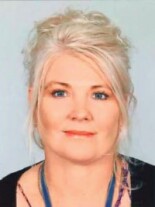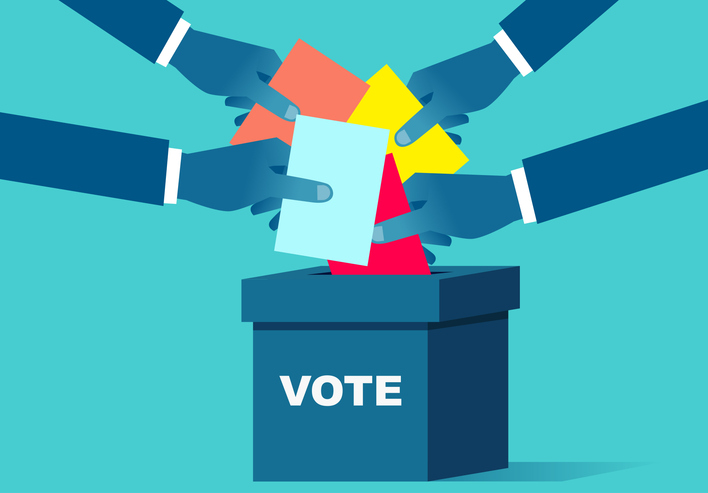Become a board member

Thinking about joining a school board?
Most New Zealand schools are governed by a school board.
This is a group of people who work together, with staff and students, with whānau, parents and the wider community, to make a positive difference for children’s education!
A board’s strength comes from its community, so they welcome people with different backgrounds – your voice and experience matter.
Boards are a mix of school-based members and members from the wider school community.
A standard school board's membership includes:
· The principal
· 5 parent representatives – elected by the parent community
· One staff representative – elected by the staff
· One student representative (in schools with students above Year 9) – elected by the students
The board may also have co-opted and appointed members.
Boards of state-integrated schools, kura kaupapa Māori, and designated character schools can have different memberships.
For example, state-integrated schools also have members appointed by the school’s proprietor.
Just about anyone! You don’t have to be a parent or caregiver of a child at the school, but you do need to show enthusiasm, have good communication skills, and work well in a team environment.
Every board member brings their own unique set of skills and experiences.
It can help to have an understanding of the education sector. You may have financial skills and experience in managing people, knowledge and understanding of particular communities within your school, or experience working within your school and wider communities.
Before anyone becomes a school board member, they must read and understand the ineligibility criteria (97 KB, Pdf) for school board members and confirm that they are eligible. This is done by signing the nomination form or, for appointed members, by signing a declaration form (68 KB, Doc).
Te Whakarōpūtanga (NZSBA) offers a range of learning and development opportunities, an Advisory and Support Centre, a regionally-based team of advisors, regular emails with sector updates, and a Resource Centre with everything from checklists and templates to articles and videos.
Contact your local school for information about upcoming elections and vacancies.
Head along to a board meeting to see what it’s all about.
Check out our Community member guide to the role of school boards (388 KB, Pdf)and Kōrari for Aspiring Board Membersopen_in_new sessions. A te reo version of the guide can be found here (442 KB, Pdf).
For staff and student representatives:
School board member experiences:

|
Frian: encouraging inclusion for all children “My message to interested candidates is do not be afraid if you are the only member with a unique or differing perspective on the board. You may well represent an unheard and marginalised group within your school community. It is after all the diversity and varying perspectives on a board that give it strength and allow true community representation.” |

|
Amanda: getting involved in your children’s education and your community “My message to parents is if you want to be a part of your children’s education, become a board member. I’ve learnt that you play just a big role in your child’s education as the teachers. Don’t be afraid that you might not have the right skills. As a board you are a collective, you work to each other’s strengths and you develop the skills that you don’t have when you first start. We had a real cross section of our community, people from different walks of life bringing their own skills and experiences to the table. We all played our part.” |

|
Peter: giving back to the community “Becoming a board member was a good opportunity to contribute my skills and give back to the school. I learnt a lot through this experience - how to be professional during negotiations, engaging with officials in high level discussion and retaining good working relationships despite sometimes having different opinions within the team. We became a very strong board and used different member’s skills and experience to reach the best outcomes. It was great to see the school had a valued place in the community.” |

|
Roly: learning lessons about the school, governance, and yourself “I wanted give back to the school educating my children. Schools play an important role in the local community and provide opportunities for students to learn and achieve. The diversity on the board brings better community representation to help set strategic direction for the school.” |

|
Heather: making a real difference “Being involved in setting the direction for the school, helping to manage resources to get the best for all and knowing I'm making a difference for the school have been the highlights of being a board member for me. We get to make decisions that enable schools to flourish and grow.” |



